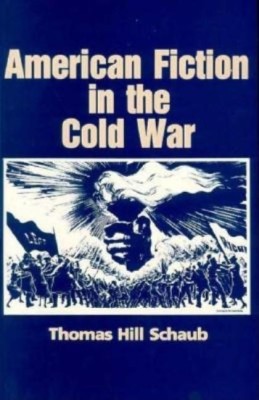American Fiction in the Cold War(English, Paperback, Schaub Thomas Hill)
Quick Overview
Product Price Comparison
We tried as hard as we could to believe that politics might be idyl, only to discover that what we took to be a political pastoral was really a grim military campaign or a murderous betrayal of political allies. Thus Lionel Trilling summarized the experience of an entire generation of American liberal intellectuals who had watched with mounting disbelief and disillusion the rise of totalitarianism in the 1950s. In this book, the author makes it clear that Trilling's summary was in itself a mythic reconstruction, a prominent example of the way liberals came to terms with their own political past. Schaub's book analyzes their efforts to reshape an ""old"" liberalism alleged to hold naively optimistic views of human nature, scientific reason, and social progress into a ""new"", skeptical liberalism that recognized the persistence of human evil, the fragility of reason, and the ambiguity of moral decision. These liberal reassessments of history, politics, human nature, and distiny - what Schaub calls the ""liberal narrative"" - mediated the critical and imaginative production of the literary community after World War II. Schaub shows that the elements of this narrative in American history, political philosophy, and social criticism during the Cold War era. His analysis of the dominant critical communities of the '40s - led by critics such as Lionel Trilling and Irving Howe, Cleanth Brooks, and Allen Tates - recovers the political meanings embedded within their debates over the nature of literary realism, the definition of the novel, and speculations on its ""death"". In the second part of this study, Schaub turns to Ralph Ellison, Flannery O'Connor, Norman Mailer, and John Barth. His readings of their fictions isolate the political and cultural content of works often faulted for their apparent efforts to transcend social history.


